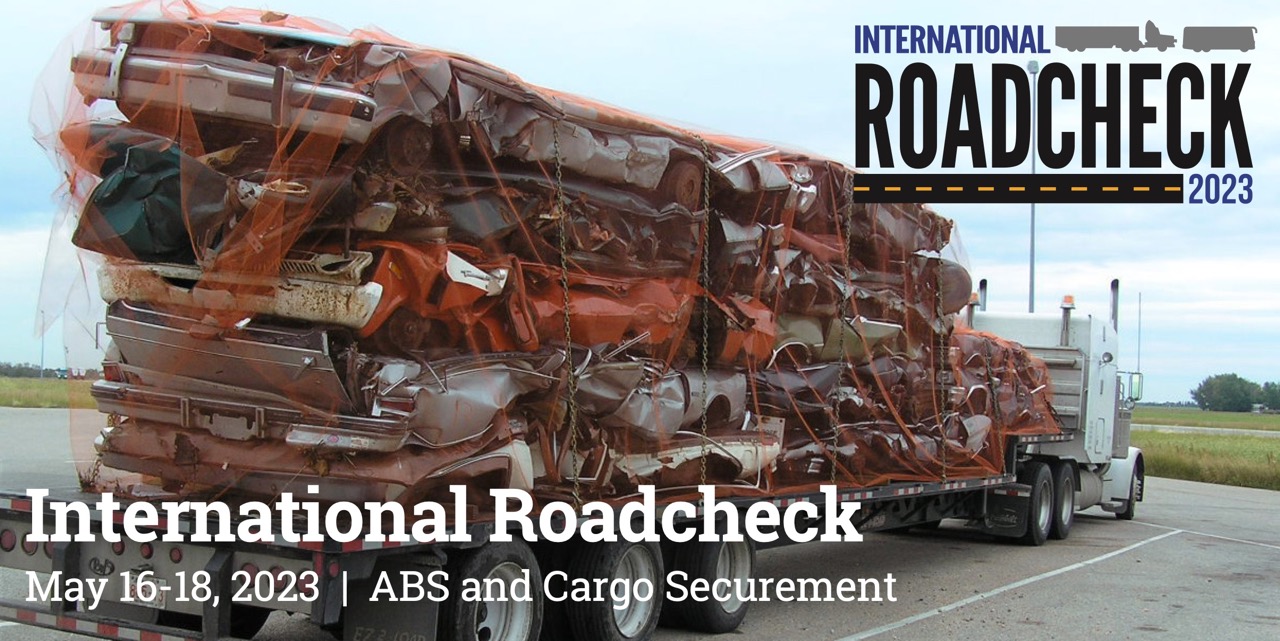2023 International Roadcheck (May 16-18)

Did you know that May 16-18 is when the annual International Roadcheck program will be held? For the next three days, CVSA-certified enforcement personnel will conduct comprehensive inspections on commercial motor vehicles and drivers to ensure compliance with safety regulations.
Key components of the International Roadcheck include:
- Focus on safety inspections: The primary objective of the International Roadcheck is to conduct thorough safety examinations on CMVs and their drivers. Inspectors primarily focus on regulatory compliance related to vehicle and driver safety.
- Emphasis on critical vehicle components: Inspectors assess various critical vehicle components, including brakes, tires, lights, steering, suspension, coupling devices, and more. They also inspect for proper cargo securement, hazardous materials compliance, and other safety-related aspects.
- Driver qualifications and documentation: Inspectors review driver qualifications and documentation, including driver's licenses, hours-of-service (HOS) records, medical examiner's certificates, and any other required documentation.
- Educational outreach: The International Roadcheck not only focuses on enforcement but also serves as an opportunity for educational outreach. The CVSA and participating agencies often conduct outreach initiatives to promote awareness of safety regulations, provide training materials, and offer educational resources to drivers and carriers.
- Data collection and analysis: The inspections conducted during the Roadcheck generate valuable data that helps identify trends and evaluate the overall safety of commercial vehicles. This data is used to improve safety regulations, target enforcement efforts, and enhance compliance.
In 2023, the International Roadcheck will place emphasis on anti-lock braking systems (ABS) and cargo securement.
According to www.roadcheck.org, during inspection of ABS on commercial motor vehicles, inspectors will:
- Determine whether ABS is required on the vehicle.
- Ensure the ABS lamp cycles on and off for all ABS-required vehicles during the diagnostic check.
- Check for indications of an ABS malfunction, such as lamps remaining on during transit.
During inspection of cargo securement on a commercial vehicle, inspectors will:
- Ensure spare tires, loads, cargo and dunnage are secured and prevented from falling, blowing, spilling or leaking from the vehicle, or rolling or shifting in transit.
- Confirm there are enough tiedowns for the weight and length of the items being transported.
- Check for defective securement devices (e.g., loose, torn, damaged, bent, knotted tiedowns).
- Inspect anchor points and structures for damage.
- Verify commodity-specific cargo is secured in accordance with the regulations.
For more information, visit www.roadcheck.org.
